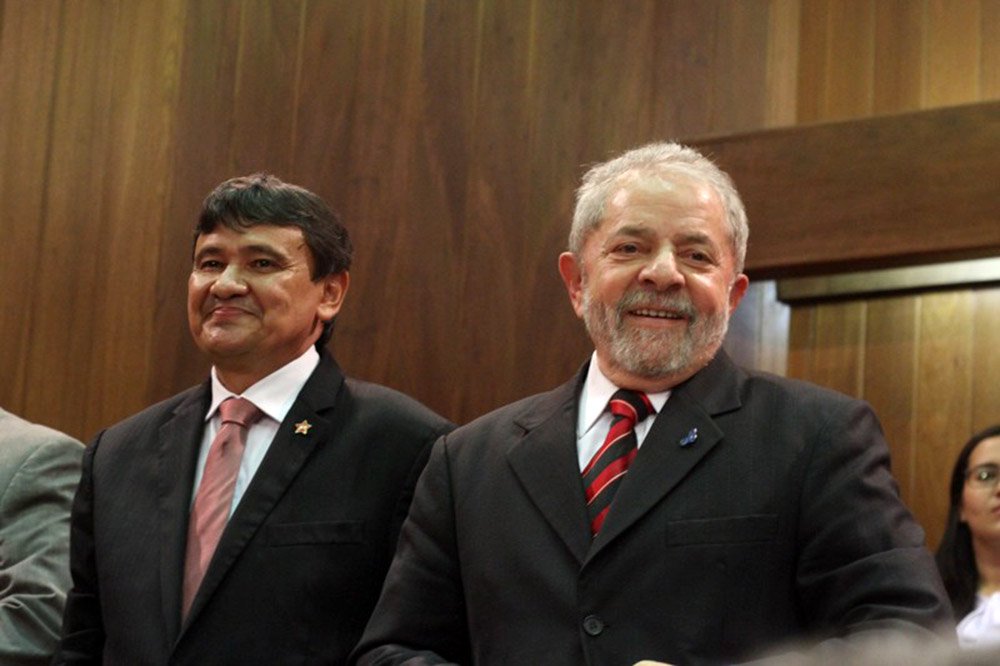RIO DE JANEIRO, BRAZIL – Investors eager to know who will oversee Brazilian economic policy in a potential Luiz Inácio Lula da Silva term will have to wait. Still, according to one of his key allies, they should not expect the appointment of an all-powerful minister.
Lula, who is leading the polls ahead of the October elections, is being advised by a large group of economists, including several former ministers, with no clear favorites emerging so far. According to Wellington Dias, one of da Silva’s campaign coordinators, the leftist leader is in no hurry to choose his economic team with months to go before the elections.
Whoever ends up in the Economy Ministry is unlikely to enjoy the same broad power Paulo Guedes currently wields as minister. Guedes, who was dubbed by President Jair Bolsonaro as “Posto Ipiranga” – or Ipiranga gas station, referring to an advertisement where a gas station has the answer to all of life’s questions – for economic affairs, is in charge of what used to be three ministries, earning him the nickname “superminister.”

“Lula (da Silva) works as a team,” Dias said during a video interview from São Paulo. “His government will be the result of conversations with parties that are supporting his candidacy.”
The idea that Lula da Silva will ultimately be responsible for all economic decisions, as he has said during the election campaign, and the absence of a successful name to lead the economy could cause concern for investors who want assurances that his government will follow a business-friendly strategy.
But Dias says those fears are misplaced. “Da Silva’s past administrations prove that he will not be fiscally irresponsible,” he said, adding that “no one can question” da Silva’s ability to listen and talk to everyone.
According to Dias, a generation gap could be one of the reasons why some investors fear Lula da Silva’s election. He points out that the 76-year-old former president left office more than ten years ago, meaning a younger generation has only heard about da Silva’s achievements in terms of his handling of inflation and poverty but has not experienced them.
“A new generation has not lived under a Lula (da Silva) government,” said Dias. “Our challenge is to show them that he represents stability, fiscal responsibility, and respect for institutions.”
The former president has criticized Brazil’s spending cap rule, which limits public spending growth and is appreciated by investors. Dias, along with other advisors, says the rule should be revised because the country needs to increase public investment, and it is feasible to have an investment target and a balanced public budget at the same time.
When asked if he would accept the post, he laughed and said he would be an “enthusiastic collaborator” of the campaign.
With information from Bloomberg Línea

